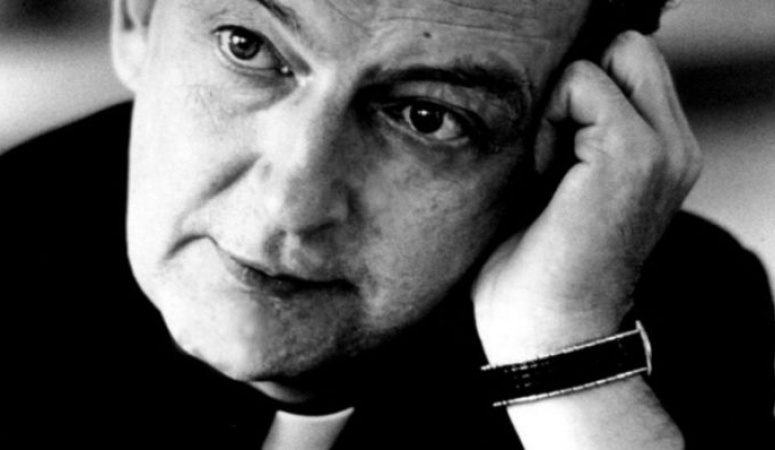Yesterday (May 14) would have been Richard John Neuhaus’ 80th birthday. The Lutheran pastor turned Catholic priest played a pivotal role in founding the Institute on Religion and Democracy (IRD) in the early 1980s. He remained involved with the organization until soon before he passed away in 2009. Christendom is poorer for having lost Neuhaus’ imposing intellect, sharp wit, and piercing insight. Yet his wisdom still informs IRD’s mission, and indeed speaks to the ongoing struggles of the Church.
Among the most enduring values promulgated by the life and work of Neuhaus is meaningful ecumenical unity, an ideal which he helped instill in the mission of IRD at its very inception. Neuhaus elaborated on this vision in an address to the IRD board in October 2005. He pondered whether groups like IRD could help unite disparate Christian denominations – in particular Episcopalians, Presbyterians, and United Methodists – around a commitment to “confessional renewal” leading to “authentic ecumenism.” He expanded on this premise:
Are we in a new moment, under the providential guidance of God, in which we can envision a quite different form of Christian unity? A Christian unity that is profoundly ecclesial in character. … So that is one question to consider, and I hope the board will give it some serious attention. In what way is the unity of the Christian people, the unity of the church, on the agenda of IRD, beyond simply strategic and tactical cooperation between existing ecclesiastical institutions?
Neuhaus’ life itself bore out the sort of “authentic ecumenism” he had in mind. His conversion from Lutheranism to Catholicism exemplified his heart for Christian unity. When he was brought fully into the Catholic Communion in 1990, Neuhaus issued a statement to his Lutheran colleagues which he recounted in First Things in 2004. He said in the statement that he viewed them as now more closely united rather than divided by his embrace of Catholicism.
“To those of you with whom I have traveled in the past, know that we travel together still,” he wrote. “If, as I am persuaded, my communion with Christ’s Church is now the fuller, then it follows that my unity with all who are in Christ is now the stronger.”
According to Neuhaus biographer Randy Boyagoda, the famed culture warrior saw the Catholic Church as “the world’s singularly indispensable source of moral authority, guidance, and wisdom, for the right ordering of global affairs and of late Western civilization.”
Yet more than any other label or identity, Boyagoda said that Neuhaus first and foremost thought of himself was as a “man of God,” one who was committed to bringing “Judeo-Christian concepts of human dignity, worth, and purpose to bear of every dimension of American public life.” More than viewing himself as any particular entity as distinct from any other Christian, Neuhaus saw himself at the center of the battle to extend the Kingdom of God over society, culture, and politics.
So when Neuhaus spoke of “authentic ecumenism,” perhaps we can best understand this as a mandate for prioritizing missional Kingdom work over ecclesiology. Not that the ecclesiology can be tossed aside, but Christians’ shared purpose of spreading Christ’s Kingdom to all corners of life should eclipse any conceivable difference.
Remembering the legacy of Richard John Neuhaus following his 80th birthday, Christians should take pause to consider how we think about our brothers and sisters of various stripes. Do we see our relationships with Christians of various other affiliations as (at best) mere expressions of “tactical cooperation”? Or do we see ourselves as necessarily unified in missional Kingdom building?
No comments yet




